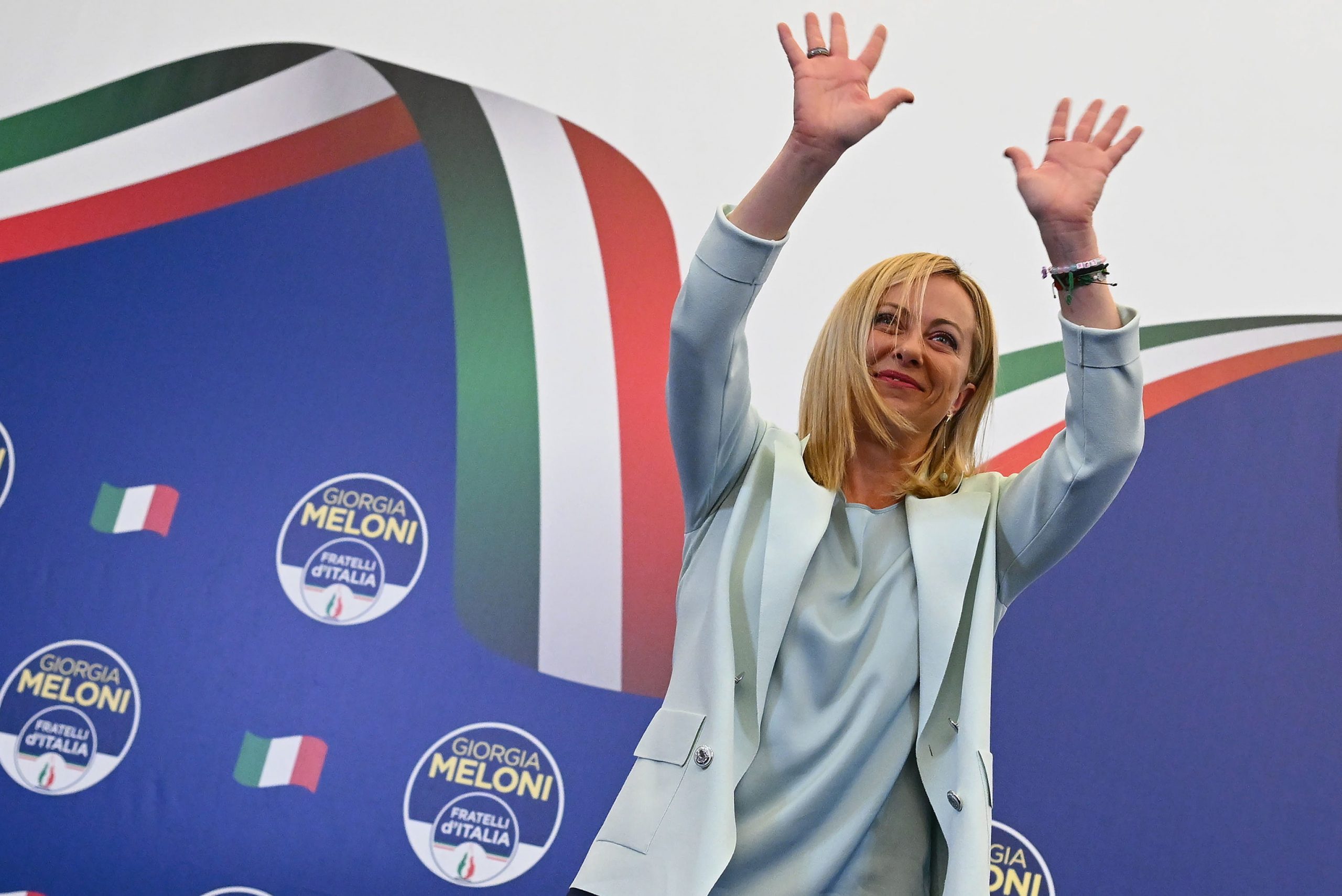
Electorates with long and strong democratic traditions are better posed to resist external interference in their political processes.Continue reading

After the Italian election, many analyses and political comments came out in light of the right-wing coalition’s victory. According to an article on Breitbart, a cooperation might be forged between Italy, Poland, and Hungary in some fields, while there might also be differences in others.
The Hungarian government was among the first to congratulate Giorgia Meloni, the leader of the Brothers of Italy party, on the victory in the Italian elections as a result of which Meloni could soon become the prime minister of the country. Yordan Bozhilov, director of Sofia Security Forum think-tank, told Breitbart that the reason why Poland and Hungary are happy with the election result is firstly that “it relieves the pressure on their own countries in the EU, and second because it paves the way for a more united front.”
As indicated earlier by Ursula von der Leyen, President of the European Commission, the European Union is not very fond of the right-wing coalition in Italy. Because of this, Italy could become the center of political discussion in the EU, thus possibly relieving the pressure on Hungary or Poland.
According to another expert, Tara Varma, who is director of the European Council on Foreign Relations in Paris, both Hungary and Poland want to change the EU from within, but so far they have not succeeded. She added that both countries’ attitude have moderated lately from a full exit from the European Union after seeing what happened after Brexit. However,
the Hungarian government never had and does not have any idea about leaving the EU, despite many media reports saying this.
It would be a colossal loss to the country, and several polls show that the majority of Hungarians, around 80%, support the EU membership.
Varma also talked about the Russian-Ukrainian war, saying that Meloni has so far adopted the same approach as Warsaw regarding support for Ukraine and EU sanctions. While Poland fully agrees with the sanctions, Hungary opposes them, saying that they hurt Europe more than Russia. Because of the different points of view, Varma predicts that at some point, “Meloni will have to choose between Poland and Hungary.”
However, such a choice does not have to be mandatory; countries can work together on issues they deem important and have the same opinion on, while having some differences as well.
The example of Poland and Hungary might be the best to highlight, since the two long-time allies have very different approaches towards Russia and the sanctions. Because of this, after the start of the war, their relationship became a bit frozen.
But as Hungary Today previously reported, at the beginning of September, Polish Prime Minister Mateusz Morawiecki said in an interview that a new way of working together, taking into account differences of opinion, could be developed in the Visegrád Group (V4) and in Polish-Hungarian relations where the countries are linked by values and interests. Therefore, a re-kindling of the relationship may be on the way.
Concluding the article of analysts’ opinions, Breitbart writes that the incoming Italian government and its choice for future ministers will clearly show how Giorgia Meloni plans to position herself and her country within Europe. Especially the finance and foreign ministers will have a great role in the coming era, with a serious economic crisis looming in Europe, and with foreign relations at the center of public discussion because of the war.
Featured photo via Pexels